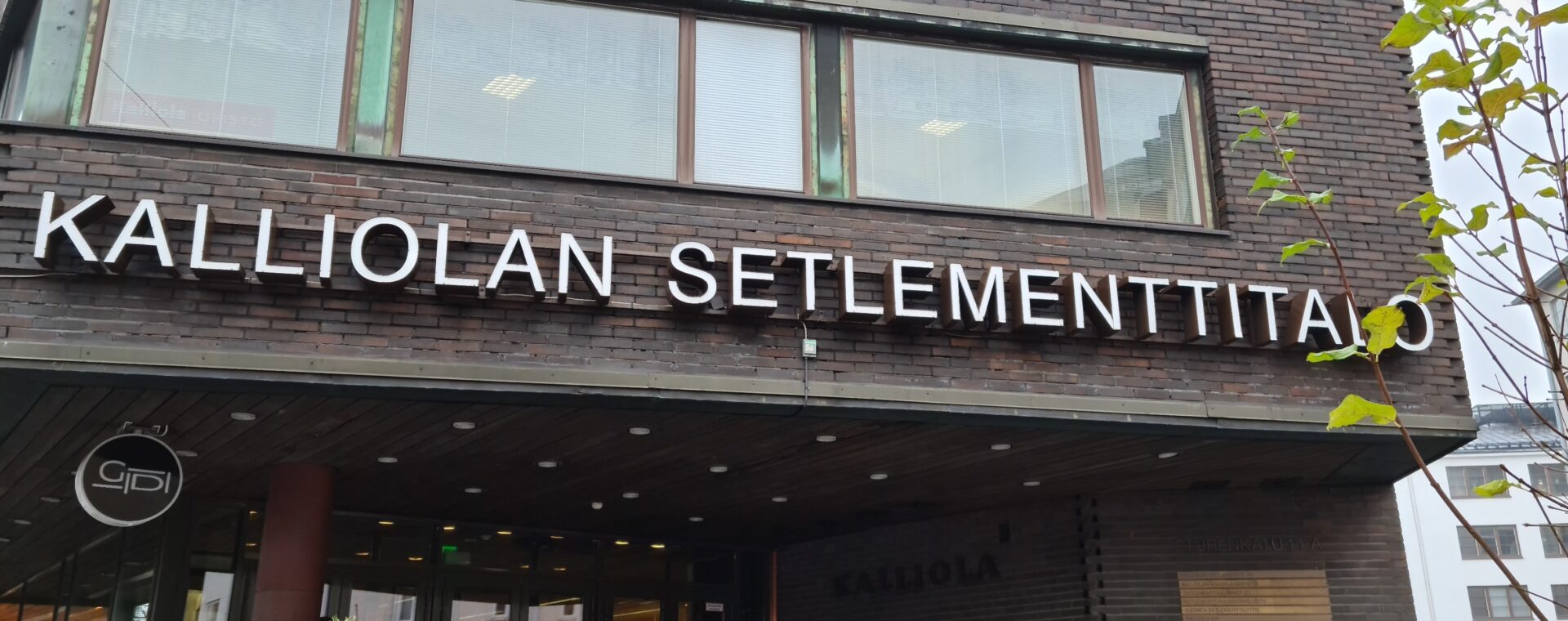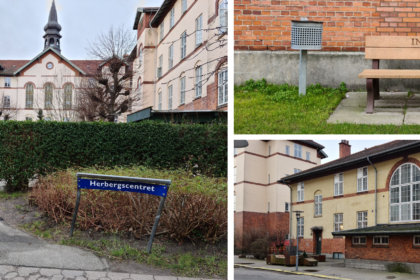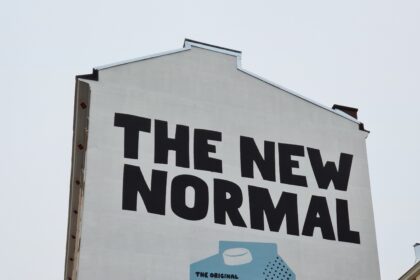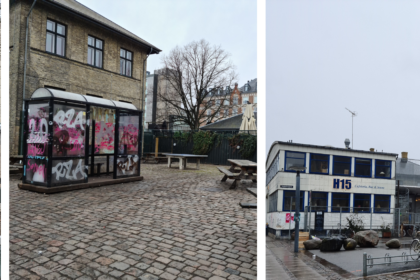Keywords: Mental health rehabilitation, centralisation, urbanisation, bureaucracy, fractured sevice systems, substance abuse, short term project based work, settlement work, neoliberal public management ideology
In this resource, you will find the case “The shift from the welfare state to the well being state” and one related theme with questions, exercises and related materials:
You can jump to the theme by clicking the title of the theme you wish to work with.
Read the case before continuing with the themes:
THEME 1: Supporting personhood and power in a fractured service system
In the case, you are introduced to some challenges in developing personhood for individuals facing mental health or substance abuse issues while navigating the jungle of public and third sector services. The restructuring of social and healthcare services in Finland, alongside tightened neoliberal and new public management efficiency requirements, can make the process of developing of a strong sense of personhood while simultaneously finding and maintaining connections to services challenging tasks.
Personhood
According to Shir-Vertesh (2017), personhood is a fluid concept with contested meanings. How we think about who is considered to be a person, what being a person entails, or how this is different from having selfhood, or being an individual. Personhood as a concept includes legal and moral repercussions for matters such as rights and responsibilities and political ideas around issues of citizenship, equality and freedom.
The personhood of human beings can be seen from two competing paradigms—an existential construct where personhood is a state of being, fundamental to the human species, and as a relational construct where personhood is a conditional state of value defined by society (White, 2013).
When persons reflect on future prospects in their lives this involves social and collective commitments, where persons exist as transformative agents.
“Persons are agents not only for whom things matter but who themselves matter in history, culture, and society and, moreover, who come into Being as unique individuals exactly through and to the extent that they matter in these processes by making a contribution to them.”
Martin & Bickhard (2013).
In institutional decision-making, we argue that there is the risk that the object of (social) work can become, without noticing and without reason, the maintenance input for the system – giving it reason for being rather than an active part of the development of vibrant and viable environments and services which reflect the needs of the service users. How does this relate to personhood? When regional activities change in such a way that the needs of the residents are ignored or downplayed, it can cause a change in the perceptions of the area and its residents’ identity or sense of personhood.
In order to avoid this objectification in social work contexts, we can borrow from anthropology. which has made considerable contributions to the understandings of personhood; through cross-cultural ethnographies showing that personhood is not a universal constant but rather continuously negotiated in specific times and places and in reaction to varying situations and social relationships (Shir-Vertesh, 2017). This anthropological work corresponds with research in other disciplines, across disciplinary boundaries, influencing and being influenced by disciplines such as psychology, medicine, and philosophy.
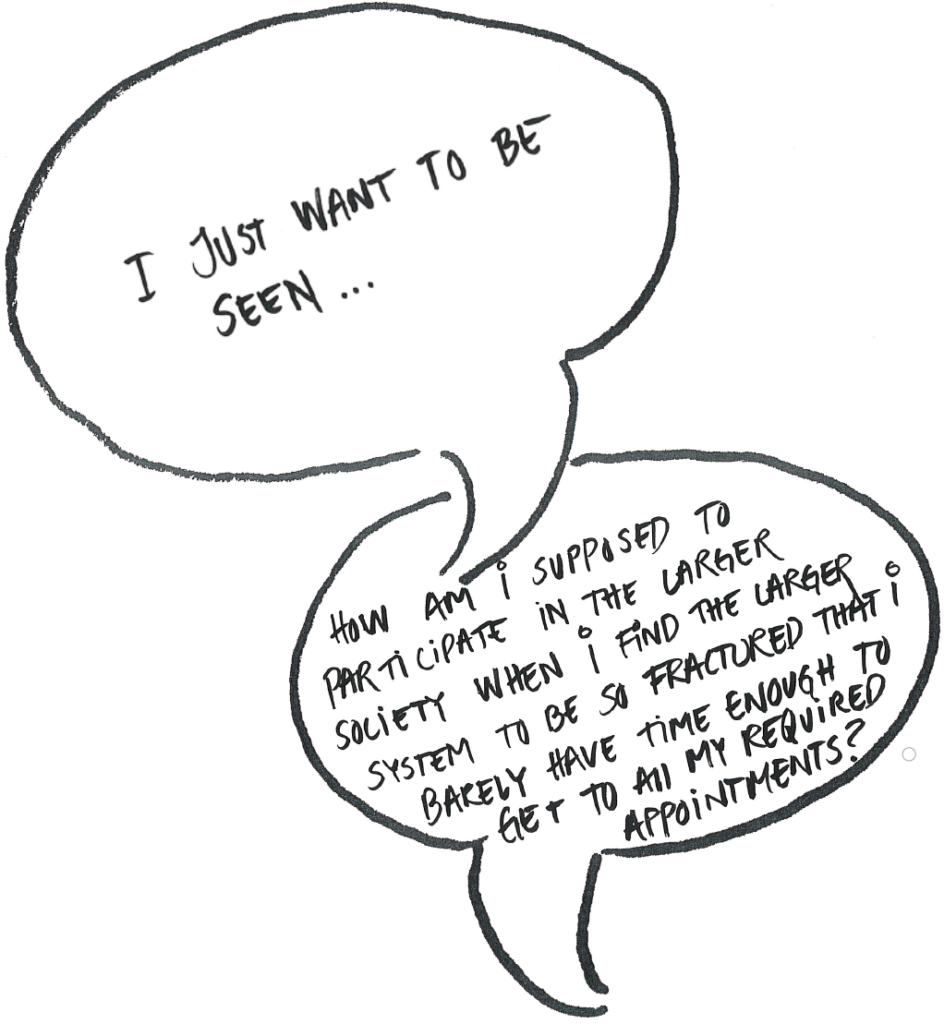
Based on the case and your knowledge of the framework, begin exploring where you find power inequalities, conflicts with values and potentially unethical situations (see the first theme in the online course for social work professionals for more on the Urban SOS framework, or read the framework under Research).
Based on your discussion:
- Do you see power inequalities on the local, national or global levels?
- Where do you identify contradictions in stated and actualized values? Do these present as ethical dilemmas?
- How can a more nuanced understanding of how global and urban dimensions influence social service provision, social workers working locally and the people they serve?
Extra material to “Supporting personhood and power in a fractured service system”

See this TED-talk if you want to learn more about how a fractured social service system, plagued by bureaucracy and disorganization might be addressed.
References
Martin, J. & Bickhard, M.H. (2013). The Psychology of Personhood: Philosophical, Historical, Social-Developmental, and Narrative Perspectives. Cambridge University Press, 2012
Shir-Vertesh, D. (2017). Personhood. obo in Anthropology. doi: 10.1093/obo/9780199766567-0169 [last accessed 16.11.2022]
White, F. (2013). Personhood: An essential characteristic of the human species. The Linacre Quarterly 80 (1) 74-97. [last accessed 15.11.2022]
